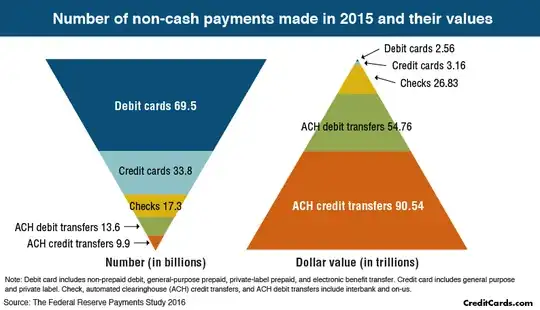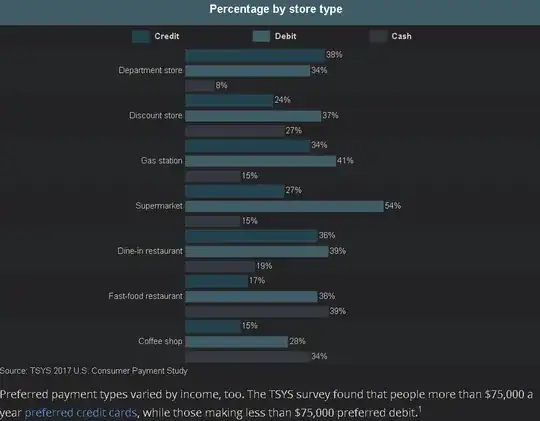The title may not be very accurate.
I'm European (Italian) so I don't have a very clear idea of how it works in U.S.
My understanding (correct me if I'm wrong) is that the economy there incentivises the people to use credit cards, and eventually spend money they don't have. Then, each month, they can pay back the debt, paying some interests on it in some cases.
First of all, if this premise is wrong, please explain me where I'm wrong. If the premise is right, even if just generically, I'd like to ask:
Is it possible to live in U.S. and use a debit card rather than a credit card, just like it works in Europe. So that I'm unable to spend more money than what I have on my savings account?
Alternatively, use a credit card but disable the possibility to spend more money than the one I have on my account.
I know credit cards are needed to create a credit score, but I'm not sure I understand the implications of that either.

